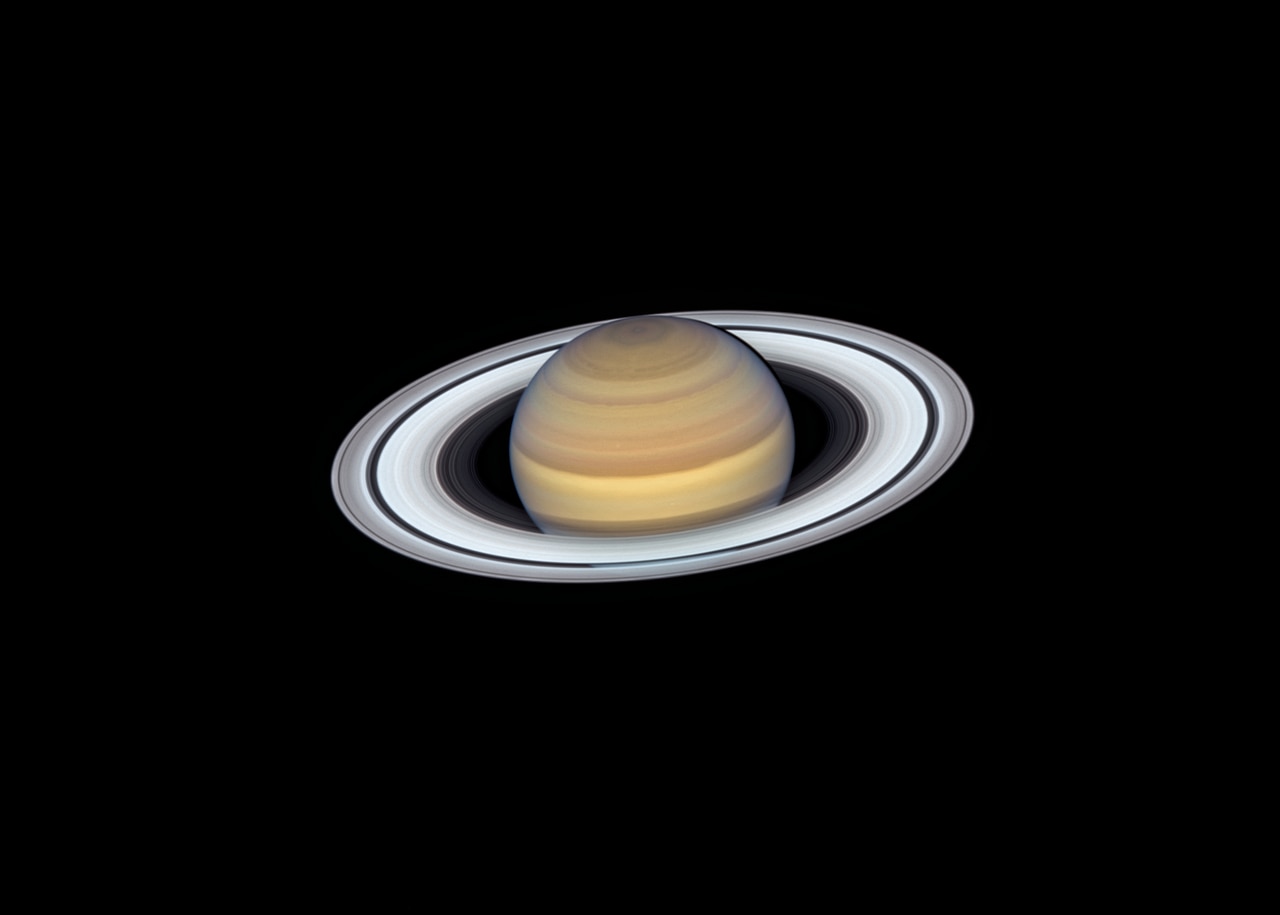The second-largest planet in our solar system will glow extra-bright with a golden light in the coming days.
One of the year’s must-see stargazing events is underway, giving us an incredible look at one of our solar system’s outer planets.
Once a year, Earth passes in between the sun and Saturn, which brings the famously ringed planet opposite the sun in our sky — an alignment astronomers call “opposition,” which in 2023 will occur overnight on August 26-27, according to the astronomy site EarthSky.
Opposition is the time during the year when Saturn is at its closest to Earth and shines its brightest, making this weekend, and the days following, an exceptional time to view this impressive planet. You don’t need special equipment to see Saturn’s glow in the night sky, but a telescope of any size can dramatically change the experience by revealing its spectacular rings.
To the unaided eye, Saturn will be visible in the night sky as a bright, faintly golden point of light. Its shine will be steady, not twinkling.
A telescope, however, will show Saturn’s rings — an awe-inspiring sight. A small backyard telescope is enough to see Saturn’s distinct ringed shape, though larger telescopes can provide even more gasp-inducing views, so check with local astronomy groups and planetariums for public stargazing events.
Look for Saturn to rise in the east around sunset; it will be visible all night. It will reach exact opposition at 4 a.m. ET on August 27, when it will be in the constellation of Aquarius, the water bearer. If the weather doesn’t cooperate for viewing this weekend, don’t worry; while it will diminish in brightness, Saturn will be visible in the evening sky for the remainder of the year.
archive link: https://archive.is/wip/k9wOa



Damn, wish I’d known about this a day or two earlier… it’s the 27th here in Aus…
Search for Saturn rise and set times where you are and go take a look. Saturn moves really slow. A few nights are less than a percent of its orbit. Barely makes a difference.